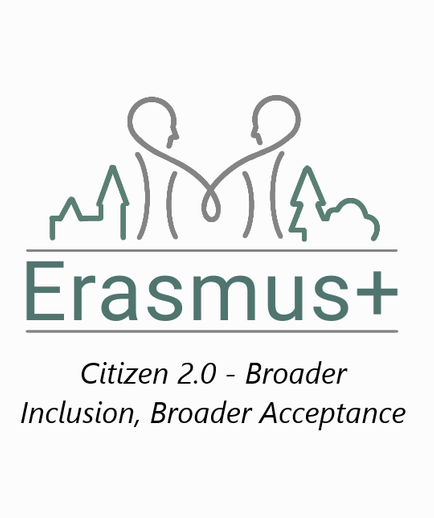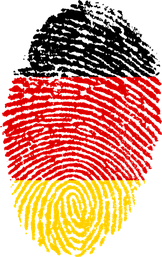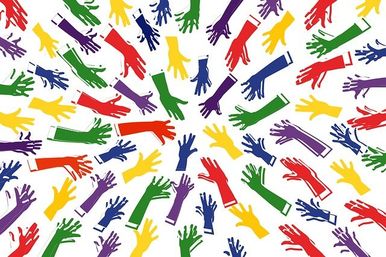Getting along, working together, participating in society and getting in touch with each other is central to human beings ...
... it was before the Corona pandemic - and it is even more important today!
Students have changed in the way they learn in recent times, their social skills dramatically transformed with the development of the internet. We want to broaden the student’s scope by breaking out of the classroom and putting them in contact with different social groups like kindergarten and primary school pupils, elderly people and university students. We also want to raise their social awareness and their contribution to the broader society. We want them rise above the digital skills they have and to put them to use on a higher level. We furthermore want to deal with the challenges both students & teachers experience in a society that is changing rapidly.
By establishing this project, we will have students from Belgium, Estonia, Germany, Hungary and Scotland from different abilities, backgrounds and experiences (rural vs. city, countries with different teaching methods, school systems, history, different ways of coping with learning disorders) meet and work together in an international context. Working across borders in mixed groups will be quintessential to this project, as its very aim is to step away from classic teaching to a more project-oriented open space in which the teacher serves as a guide to help out the transnational groups in tackling different subjects and topics directly linked to the outcome of the project. We want to address issues & challenges the 21st century poses when it comes to matters of social inclusion, racism and ongoing changes in society. We want to put focus on the European added value & really step in and take matters in hands. In a society that puts the stress on individual success, we need to rediscover the social aspect & the importance of responsible citizenship. Every country was chosen because of its relevance in the project and so students will have to travel to the different schools involved to investigate on site.
We want the project to evolve around the topic of inclusion & diversity, following 3 key phases: research, action and outputs. Our main objectives are respect, solidarity, equal opportunities, diversity and responsible citizenship. As the first step, we want to address and dig into social skills (mutual understanding and acceptance, empathy, skills involving how to prevent and solve social conflicts) through integrating ethnic minorities into society. We want to understand which challenges different groups (e.g. refugees, ethnic minorities, kids, elderly) face in society, and what could be done to help resolve these challenges on the national level, local government level and school level. We also aim to find good examples of how social inclusion has already had a positive outcome. For the second phase (action), we want to put the focus on hands-on-experiences (e.g. visiting the eastern part of Estonia where 90% of the population is of Russian origin or a German refugee accommodation centre, teaching seminars to different social layers in society like kindergarten & primary school kids or the elderly), training new teaching methods and digital tools to the students involved so they can work with them and use them or involving the students in entrepreneurial and project-based workshops to train them for further education and later work life. In the third phase we want to come up with very concrete outputs to address the topics that were under investigation. As our project’s focus involves social skills, social inclusion and integration on the one hand, as well as ICT, new technologies and digital competences on the other hand, we want to work out educational material and workshops that can be used even after the end of the (now) 3-year-project. This all will link with the set priorities of open education and innovative practices in a digital era and promoting the acquisition of skills and competences, as this will prove to be highly relevant for everyone’s future.



